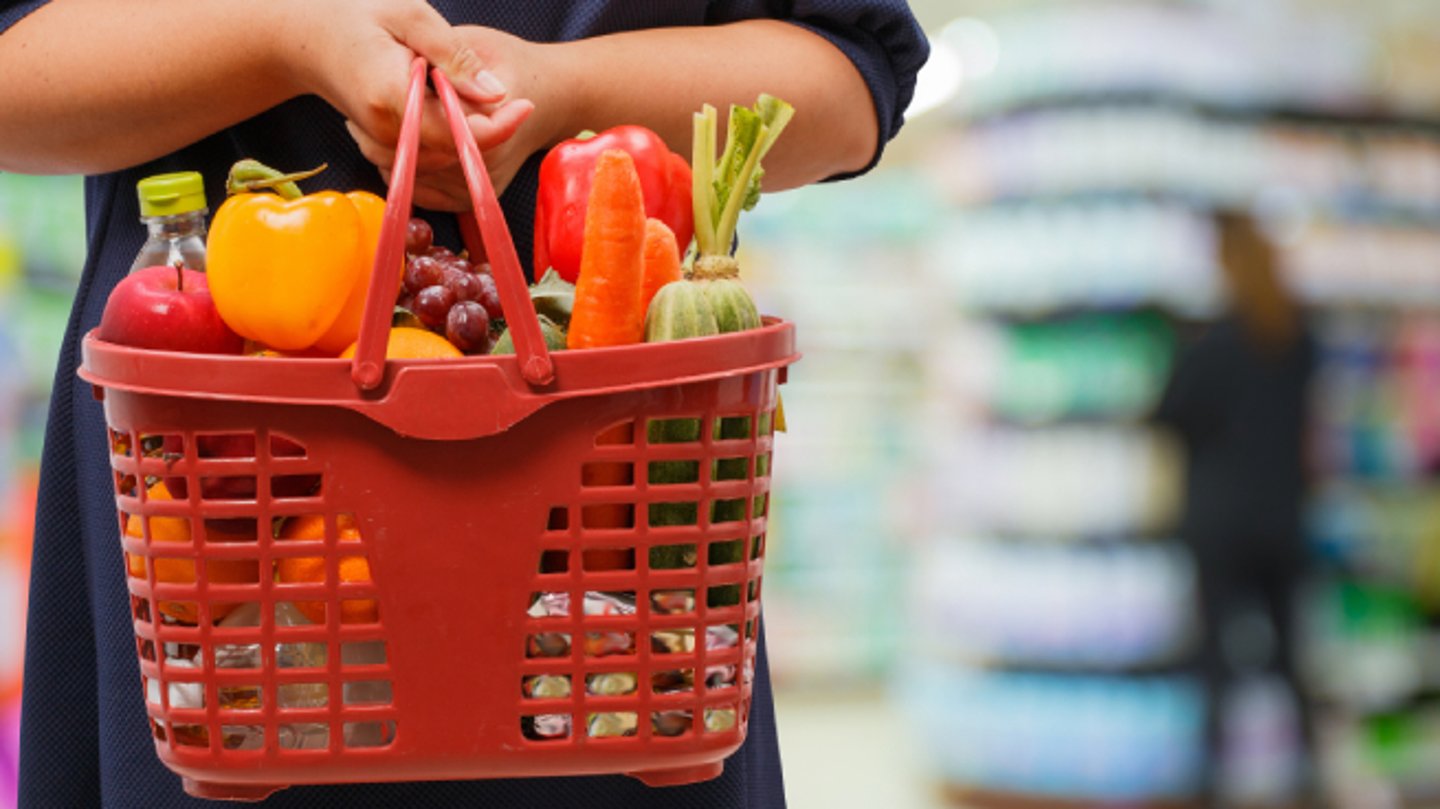Making the case for health guidance in the grocery store
With growing evidence linking healthy diet to disease prevention and management – and the growing trend towards home cooking brought on by the pandemic – it’s not surprising that more and more consumers are purchasing specific fruits, vegetables and whole foods that they associate with delivering health benefits, say industry analysts. “The pandemic really shone a spotlight on comorbidities (heart disease, diabetes, obesity) and we see consumers continuing to focus on improving those ailments both through leveraging food as medicine and also through vitamins and supplementation,” says NielsenIQ’s Sherry Frey.
The benefits aren’t solely for grocery shoppers either, with 65% of supermarket retailers saying health and well-being programs and activities are key drivers in making them a one-stop healthcare resource. Almost the same (64%) also noted that shoppers’ focus on health and well-being had positively impacted their sales and profits the year prior, according to FMI’s 2022 The Power of Health report.
FMI’s research shows registered dietitians (RDs) are playing a key role in helping deliver these programs, with 65% of U.S. food retailers employing RDs in a corporate role and 31% in-store/virtual. In turn, shoppers reported that RDs, their primary food store and grocery store pharmacists, were on their side when it came to helping them stay healthy.
A first-of-its kind clinical study released in 2022, showed that in-aisle teaching with an RD at a Kroger supermarket significantly improved shoppers’ adherence to a heart-healthy diet. When paired with education on how to use online shopping technologies and nutrition guides, adherence improved even further.
Several major Canadian grocery chains are also implementing digital tools that guide consumers in making healthier food choices – and build customer loyalty in the process. Loblaw customers across Canada using the free PC Health app receive personalized recommendations for digital tools and support catered to their own health needs, including access to live chats with a registered nurse and dietitian. The plan is to keep expanding the app’s capabilities by adding integrated wearable devices and a digital pharmacy.
In 2021, Metro launched the My Health My Choices program in all its stores in Ontario and Quebec, which allows customers to easily locate attributes on shelf products that meet their dietary preferences or restrictions. Shoppers can also filter their preferred attributes (among more than 50 options) within the online flyer or when building their online grocery carts. “In 2022, we launched the ‘no sugar added’ attribute, which is now the most popular one among our consumers, according to a survey of 600 users of the guide,” says Martin Turcotte, vice-president, merchandising, grocery at Metro.
This year, Metro is adding four new attributes based on customer demand geared to digestion, cardio, appetite and bones. “Comparing one product to another using nutritional information and the list of ingredients can sometimes be difficult for customers,” says Turcotte. “Our goal is to make healthy eating accessible to everyone by democratizing the analysis of this information.”
Midwest U.S. grocery chain Schnuck Markets has taken food analysis a step further with a free program called “Good For You” that tallies up the healthy products grocery patrons buy right on their receipts (based on the latest American dietary guidelines, recommendations from the American Heart Association and others), making suggestions for product swaps and offering coupons for future food discounts. Program participants also receive reports each month on whether they are making progress in buying healthier foods.
This article was first featured in Canadian Grocer’s February 2023 issue.



